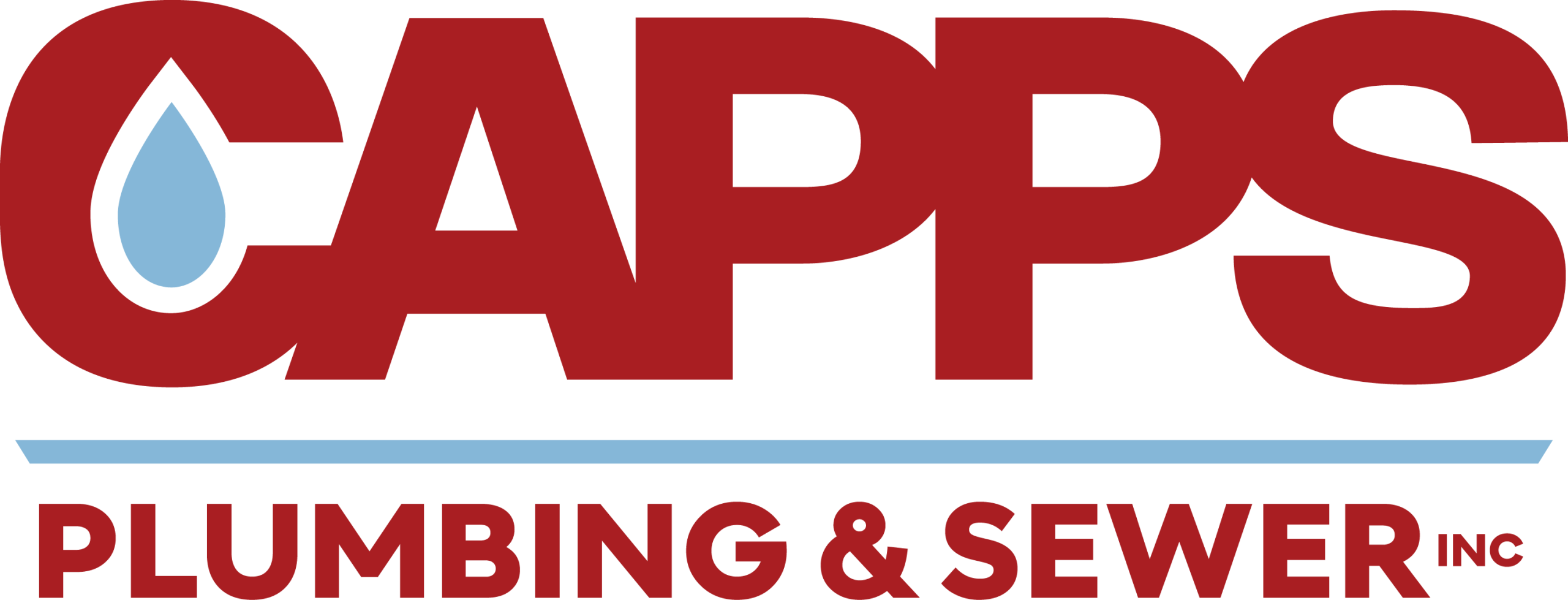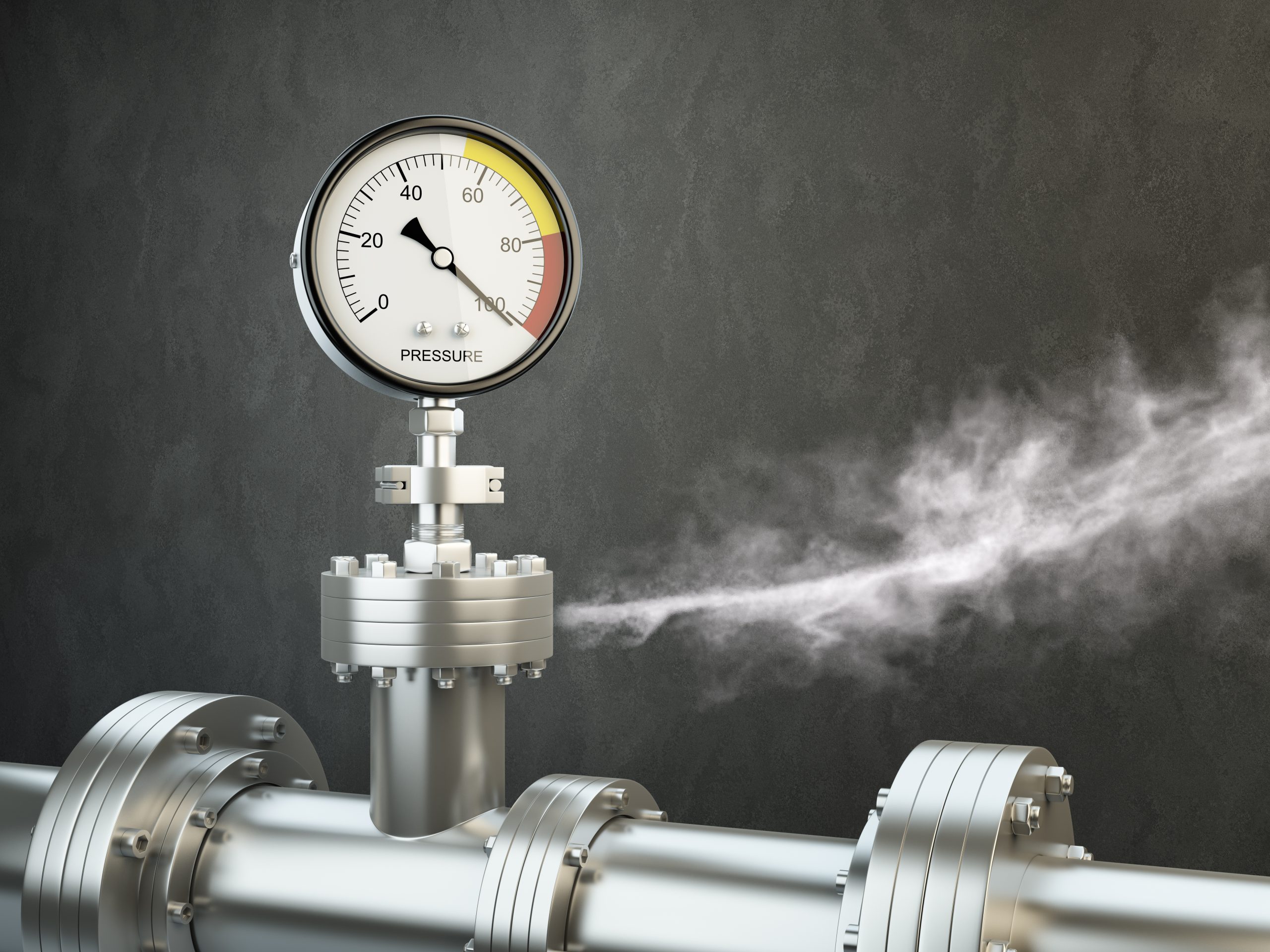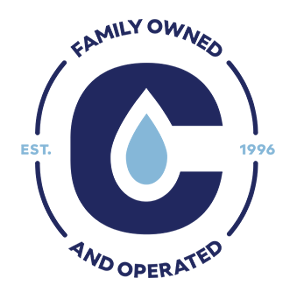Gas leaks can be a nightmare for homeowners. They are not only dangerous but can also cause long-lasting damage. It is essential to understand what gas leaks are, how to identify their signs, and the actions to take during a suspected gas leak. This blog will cover everything you need to know about detecting gas leaks. From the physical symptoms of a gas leak to observing changes in your home environment, we have got you covered. We will also discuss the common causes of gas leaks and preventive measures that you can take to avoid them. Your safety is our priority, so read on and equip yourself with the knowledge that might save your life someday.
Understanding Gas Leaks and Their Dangers
Gas leaks pose significant dangers, including the risk of fire and explosion. In addition, they can lead to carbon monoxide poisoning, a severe threat to health. Releasing gas into the environment can cause respiratory problems and other health issues. It is crucial to identify and address gas leaks to ensure safety promptly. Gas leaks can occur in various places, from pipelines to appliances like furnaces with pilot lights. By understanding the potential dangers of gas leaks, you can take proactive steps to minimize risks.
Identifying the Signs of a Gas Leak
If you ever detect a strong odor of natural gas or a rotten egg smell, it could indicate a gas leak. Additionally, be attentive to whistling or hissing sounds near gas lines or appliances, as they may suggest a leak. Remember that a diminished sense of smell could make it harder to detect gas leaks, so be extra cautious. Another sign to watch out for is the presence of open flames that flicker or go out unexpectedly. If you experience physical symptoms like headaches, dizziness, or nausea, it could be an indication of a gas leak. Stay vigilant and take these signs seriously for your safety.
Physical Symptoms of a Gas Leak
Exposure to natural gas leaks can lead to a range of physical symptoms. Headaches and dizziness are common signs that should not be ignored. Nausea and vomiting may also occur as the body reacts to the gas. It is common to experience fatigue or weakness when exposed to a gas leak. Breathing difficulties or shortness of breath indicate something may be wrong. Additionally, chest pain or discomfort could be a potential sign of a gas leak. These physical symptoms should not be taken lightly and prompt immediate action to ensure safety.
Observing Changes in the Home Environment
Observing changes in your home environment can provide valuable clues when detecting gas leaks. Watch for dead plants or vegetation near gas lines, which may indicate a leak. Additionally, bubbles in standing water close to gas lines or appliances could suggest a gas leak. Discolored or corroded pipes are also signs to watch out for. Another indicator is unexplained high gas bills – if your usage hasn’t changed, but your bill has skyrocketed, it could signal a gas leak. Lastly, keep an eye on your gas appliances. If they start malfunctioning or have visible damage, it might be caused by a gas leak. Stay vigilant and take immediate action if you notice any changes in your home environment.
Actions to Take During a Suspected Gas Leak
If you suspect a gas leak, prioritize your safety and leave the premises immediately. Refusing electrical equipment, light switches, or any open flames that may ignite the gas is crucial. Also, avoid using phones or electronic devices that could create a spark. To mitigate the risk, open doors and windows to ventilate the area and reduce the gas concentration. However, it is essential to avoid attempting to locate the source of the leak yourself, as this could be dangerous and worsen the situation. Remember, your safety is paramount when dealing with suspected gas leaks.
Immediate Safety Measures
If you detect the odor of gas, you must not attempt to shut off the gas valve by yourself. Your immediate priority should be to move away from the area and alert others to leave. It is crucial to avoid using any electrical or light switches, as they can create sparks that may ignite the gas. Instead, immediately contact emergency services or your gas company to report the leak. They are trained to handle these situations safely and efficiently. If instructed by professionals, shutting off the gas supply at the main valve may be necessary to prevent further leakage.
Reporting the Leak: Who Should You Call?
Contact your local gas utility company immediately if you suspect a gas leak. For immediate assistance, call emergency services or 911. Provide specific details about the location and nature of the suspected gas leak. Follow instructions given by the gas company or emergency responders, and inform neighbors or nearby businesses if necessary.
Preventive Measures to Avoid Gas Leaks
To prevent gas leaks, it is crucial to take specific preventive measures. Scheduling regular professional inspections of gas appliances and systems is essential to detect and address potential issues before they escalate. Installing carbon monoxide detectors is also highly recommended, as they can monitor potential gas leaks and provide early warnings. Following the manufacturer’s instructions for properly using and maintaining gas appliances is another crucial step to prevent gas leaks. Additionally, exercising caution when using gas-powered equipment or machinery is essential to minimize the risk of leaks. Lastly, educating yourself and your family on gas safety practices and emergency procedures can help ensure everyone knows how to respond in case of a gas leak.
Conclusion
Gas leaks can pose severe risks to your health and safety. It is crucial to be aware of the signs of a gas leak and take immediate action if you suspect it. Physical symptoms such as headaches, nausea, and dizziness may indicate a gas leak, while changes in the home environment, such as a rotten egg odor or dying plants, can also be signs. If you notice any of these signs, it is essential to evacuate the area and contact a professional gas leak detection service immediately.
Prevention is key when it comes to gas leaks. Regular maintenance of gas appliances, proper ventilation, and installation of carbon monoxide detectors can help reduce the risk of a gas leak. Remember, the safety of yourself and your loved ones should always be a top priority. Stay vigilant and take the necessary precautions to protect yourself from the dangers of gas leaks.
Schedule an appointment today at Capps Plumbing.




